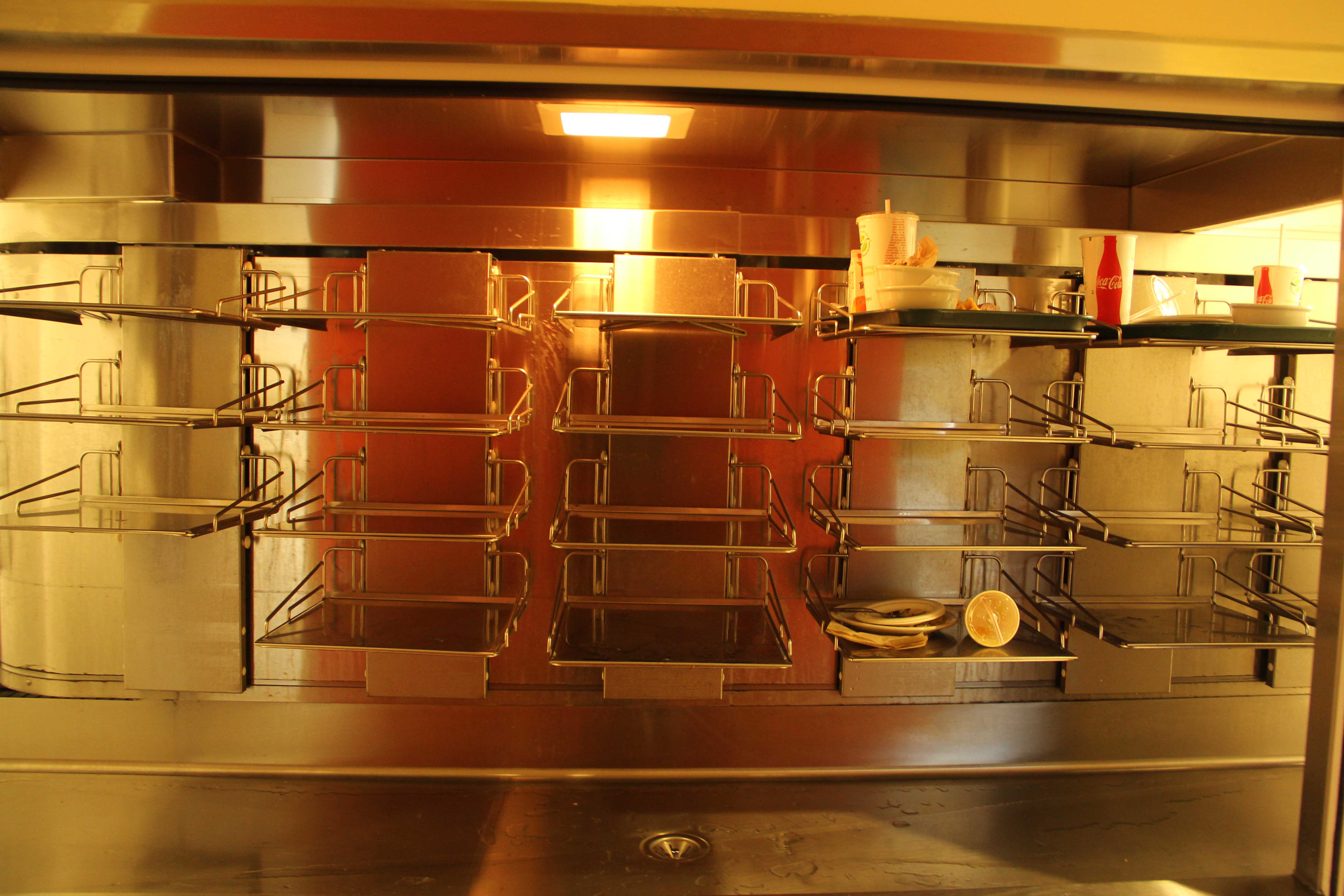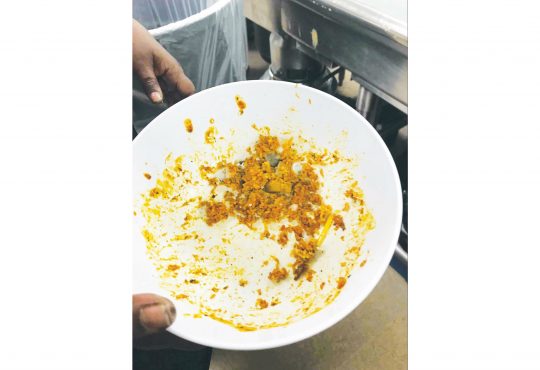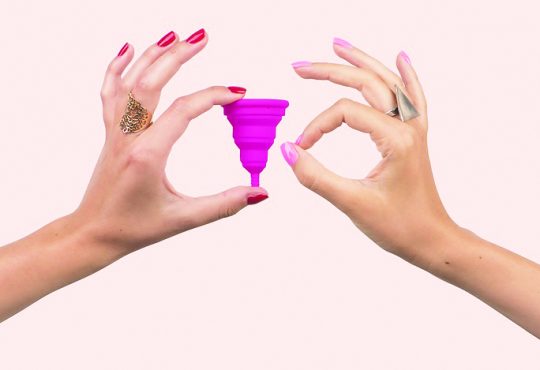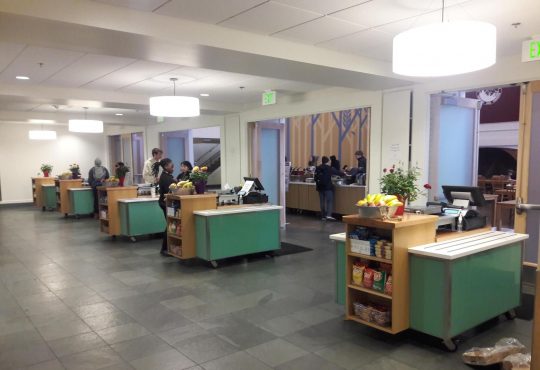
Sustainability efforts at the University of Puget Sound are always in flux, especially concerning the S.U.B. Our campus values lowering its carbon footprint in order to create a more eco-friendly environment for students and faculty.
“Sustainability is important to our campus because it’s really all about habit forming. The habits we form here will impact the rest of our lives and the lives of others,” Lisa Tucker, Director of Sustainability, said.
With the recent renovations, students have noticed differences in the use of paper and plastic products at the S.U.B..
“The amount of plastic and paper we go through is abominable,” Lauren Hsieh, student S.U.B. worker, said.
Students more frequently take their food to go, using more paper and plastic products for convenience, usually on their way to class or work.
“I think that the fact that the dish room has been moved to the most inconvenient place in the whole entire world,” Hsieh said.
“I think that’s made everybody ask for to-go plates instead of for-here plates.”
The current dish-return station has moved to a location farther back in the S.U.B., which has some students concerned, believing it dampens the motivation to use real dishware and cutlery.
“I think we could definitely do a better job about paper use at the S.U.B.,” Tucker said. “Reusable dishware doesn’t always feel readily available.”
Overall, the Diner is working hard to provide the campus with affordable food, while also contributing to a sustainable campus.
Some of the S.U.B. renovations, like the new incinerator, allow our diner to be more sustainable, putting all our food waste back to the city to help make TAGRO. Short for Tacoma Grow, this is a range of products including potting soil and Aged Black Bark, all made from pasteurized wastewater byproducts.
“The Diner has been a tremendous support to our campus garden,” Tucker said. “Some funds have been given so herbs that are grown in the garden are given back to the S.U.B. to be included in our food.”
Although the Diner continues to implement sustainability goals and projects, there are still concerns over food waste.
Trays of food from the main kitchen that are not eaten are usually thrown away if not donated to a local homeless shelter.
“A lot of times a station will close because lunch is over, and then I’m like, what do I do with these pans and pans of food?” Hsieh said.
While there are ways in which the S.U.B. can improve upon reducing its carbon footprint, students and faculty who frequent the Diner are greatly encouraged to participate in this process.
“I think one thing that students can be doing is to be conscious of the type of dishware folks are using,” Tucker said.
“I know the dish return feels out of the way, but take the extra few seconds to return reusable dishware, rather than just getting to-go containers.”
Students and faculty should contact the Diner staff, who are very open to feedback, with any questions or concerns they have.



